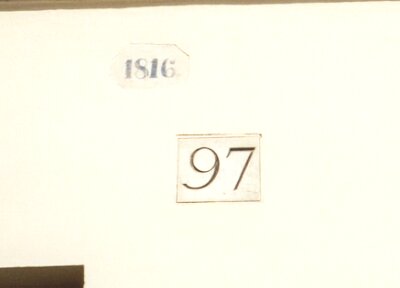Die Lektüre des Kanzlers oder: M statt L
Im aktuellen Falter (9/2008, S.12-14, online hier) befindet sich ein Auszug aus einem Interviewbuch mit dem österreichischen Bundeskanzler Alfred Gusenbauer, in dem es u.a. um seine Lektüre geht, was bereits im Haftgrund thematisiert wurde. Ich bin über folgende Passage aus dem Interview gestolpert, in der Gusenbauer seine politischen Einflüsse und Lektüren Revue passieren lässt: Dann natürlich Hermann M. Gremlizas konkret. Mal abgesehen von der Frage, ob Gusenbauer heute noch zu den eifrigen konkret-Lesern gehört und wie's mit seiner Position zum Jugoslawien-Krieg seines Ex-Kollegen Gerhard Schröders steht, beschäftigt mich vor allem eines: Wie kam das falsche M. (statt richtig: L.) in den Text? Ein Fehler Gusenbauers? Oder ist dies bei der Transkription geschehen? Ist der Fehler auch im Interviewbuch zu finden oder nur im Falter? Wer übrigens wissen will, was das ominöse L. bedeutet, findet Aufklärung in der Wikipedia.
Kleiner Nachtrag: Gerade heute flatterte die März-Ausgabe von konkret in meinen Briefkasten. Zumindest eines könnte Gusenbauer daran gefallen: Die beigelegte Werbebroschüre des Hanseatischen Wein- und Sekt Kontors. Oder wäre ihm ein Barons de Rothschild (Lafite) um 8.50 die Flasche dann doch zu vulgär?
Kleiner Nachtrag: Gerade heute flatterte die März-Ausgabe von konkret in meinen Briefkasten. Zumindest eines könnte Gusenbauer daran gefallen: Die beigelegte Werbebroschüre des Hanseatischen Wein- und Sekt Kontors. Oder wäre ihm ein Barons de Rothschild (Lafite) um 8.50 die Flasche dann doch zu vulgär?
adresscomptoir -
Politik - Di, 4. Mär. 2008, 08:52

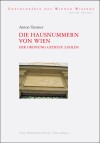


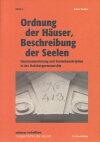

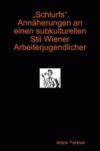
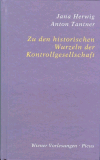
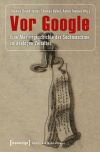
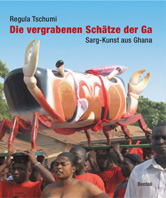 Darauf gestoßen bin ich ja schon bei einem Besuch des British Museum vor bald sieben Jahren, mein Berlin-Aufenthalt Anfang dieses Monats samt Besuch der Museen in Dahlem erinnerte mich wieder daran: An die reichlich abgefahrenen Särge der Ga, die Formen von Flugzeugen, Kakaobohnen, Mehlsäcken oder
Darauf gestoßen bin ich ja schon bei einem Besuch des British Museum vor bald sieben Jahren, mein Berlin-Aufenthalt Anfang dieses Monats samt Besuch der Museen in Dahlem erinnerte mich wieder daran: An die reichlich abgefahrenen Särge der Ga, die Formen von Flugzeugen, Kakaobohnen, Mehlsäcken oder 